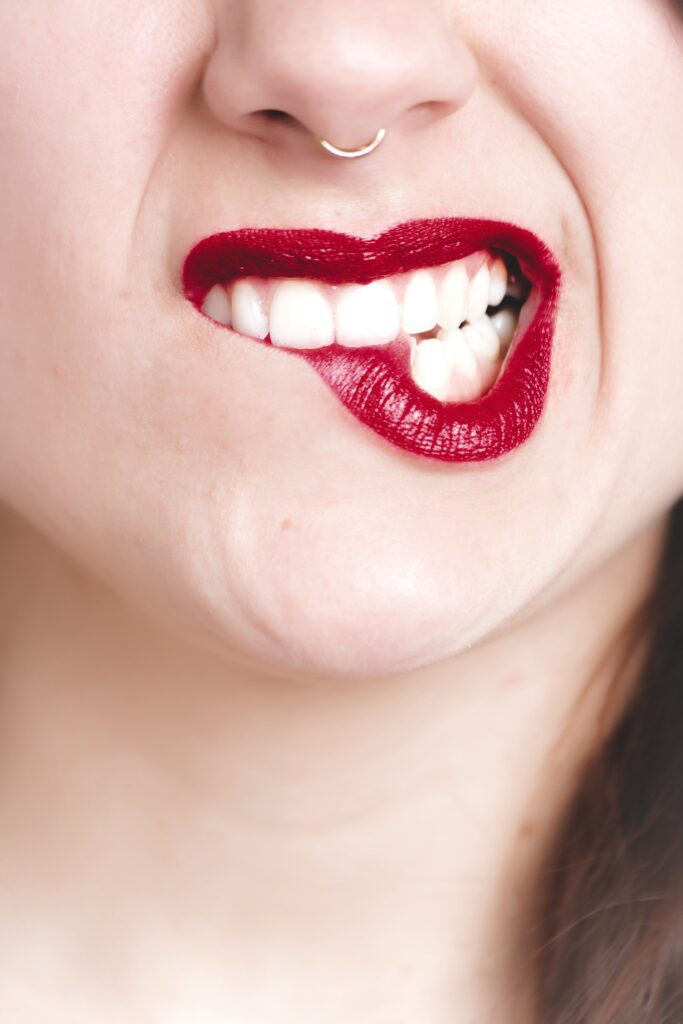How malocclusion affects digestion
Incorrect bite, also known as malocclusion, can have an impact on digestion through several mechanisms. However, it is important to note that the effects may vary depending on individual cases and the degree of dental misalignment.
- Food mastication: Proper bite ensures the correct alignment of upper and lower teeth, allowing efficient chewing of food. If a person has an incorrect bite, such as teeth overlap or differences in dental arch height, it can hinder proper food mastication before it reaches the stomach.
- Chewing difficulties: Some types of incorrect bite can lead to chewing problems or jaw discomfort, reducing the desire or ability to chew food adequately. This can result in poorly mixed food with digestive enzymes in the mouth, which can impact the preliminary food processing.
- Loss of chewing efficiency: Poor bite can cause problems with teeth and jaws, leading to uneven stress on teeth and premature wear. This can lead to tooth loss, which, in turn, can hinder effective food mastication.
- Persistent digestive issues: Inadequate chewing can cause issues in the subsequent digestive process. Insufficient food breakdown may impede the function of digestive enzymes and reduce the surface area of food available for processing, leading to digestive problems and nutrient absorption issues.

Overall, a proper bite plays a crucial role in the initial stages of digestion, ensuring adequate food breakdown and mixing with digestive enzymes in the mouth. An incorrect bite can disrupt this process, ultimately affecting the efficiency of digestion and nutrient absorption. If you suspect any problems with your bite or chewing function, it is recommended to seek a professional evaluation and possible treatment from a dentist or orthodontist.

